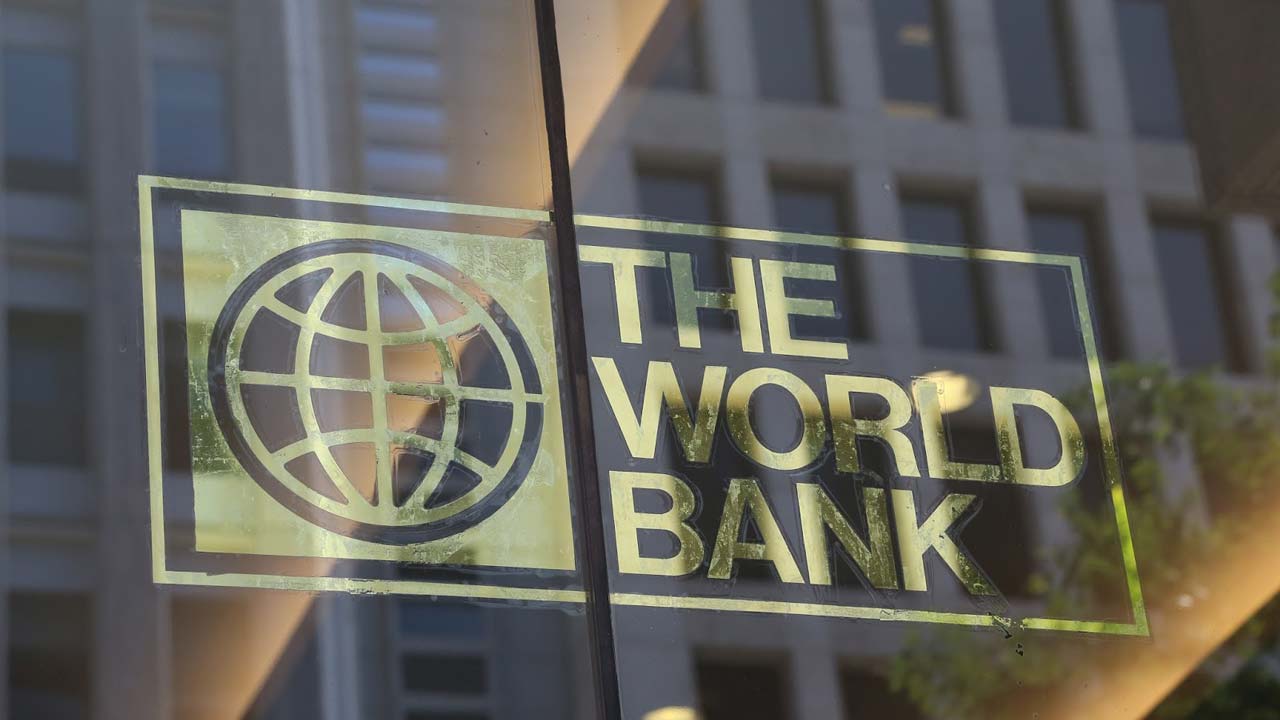ABUJA, Nigeria – The World Bank has raised serious concerns over the handling of petrol subsidy savings by the Nigerian National Petroleum Company Limited (NNPCL), following the historic removal of the subsidy in May 2023.
In its latest Nigeria Development Update (NDU) report released on Monday, May 12, 2025, the World Bank revealed that despite the subsidy being fully phased out by October 2024, NNPCL did not begin remitting the proceeds into the Federation Account until January 2025, and even then, only transferred half of the expected revenue.
The remaining 50 percent, the company claims, is being used to offset what it describes as “past arrears” arising from legacy debts.
Speaking in Abuja, Alex Sienaert, the World Bank’s lead economist for Nigeria, said this failure to fully remit the fiscal gains from the subsidy removal has undermined revenue expectations and affected the government’s ability to fund critical infrastructure and social programmes.
He emphasised that full transparency and timely remittances were essential to consolidating Nigeria’s fiscal gains and deepening economic reforms.
An insider at NNPCL, speaking anonymously, defended the corporation’s decision, claiming that some of the debts being paid were incurred through production sharing contracts and long-standing international loan obligations.
According to him, these obligations were not captured in the federal budget and are now being serviced through direct deductions.
He noted that some of the debts were tied to agreements made decades ago, and that international pressures and politics often influence how such debts are honoured.
Umar Yakubu, Executive Director of the Centre for Fiscal Transparency and Public Integrity, condemned the practice and called for a forensic audit of NNPCL’s liabilities and remittances.
He said it was unacceptable that a national oil company could withhold public funds without full disclosure, particularly when the revenues involved were meant to benefit Nigerian citizens.
According to Yakubu, the lack of transparency has led to a situation where the government is repaying debts that cannot be fully traced, further deepening public distrust in the management of the petroleum sector.
The World Bank report acknowledged that despite the shortfall in remittances, Nigeria had witnessed marked improvements in key economic indicators.
It cited accelerated GDP growth, a more stable and unified exchange rate following foreign exchange reforms, and a surge in foreign reserves to over $37 billion.
Federal revenue reportedly increased by 4.5 percent of GDP in 2024, which the Bank described as a rare achievement for a developing economy.
However, Sienaert noted that the gains had not yet translated into relief for ordinary Nigerians, as the cost of living remains high.
He pointed out that only a third of the 15 million beneficiaries targeted by the federal cash transfer programme had received support, despite worsening poverty and inflation.
Taimur Samad, the World Bank’s Country Director for Nigeria, said inflation could average just over 22 percent in 2025 if the Central Bank of Nigeria (CBN) maintains its current tight monetary policy stance.
He praised the government’s reform efforts so far, but warned that the momentum must be sustained to achieve long-term stability.
Samad said the NDU report was more than just a data analysis—it was a tool for guiding reforms and helping Nigeria chart a course toward inclusive economic growth and poverty reduction.
Finance Minister Wale Edun, responding to the World Bank’s concerns, admitted that there was an urgent need for more transparency in oil sector revenue reporting.
He said the federal government was already working with revenue agencies to standardise financial disclosures and improve data credibility.
Edun reiterated that the government’s focus remains on macroeconomic stability, job creation, and ensuring that the poor are not left behind in the reform process.
Dr. Marcel Okeke, an economist and former Zenith Bank chief economist, said the World Bank’s report likely vindicates President Bola Tinubu’s recent decision to shake up the leadership of the NNPCL.
He argued that the next step must be a comprehensive audit and reforms to ensure that future subsidy savings are fully accounted for and used in the public interest.
According to a previous report by the Nigeria Extractive Industries Transparency Initiative (NEITI), the country spent N13.7 trillion on fuel subsidies between 2005 and 2020.
President Tinubu, in his inaugural speech on May 29, 2023, announced the end of the subsidy regime, arguing that it only benefitted a powerful cabal.
The former NNPCL boss, Mele Kyari, had similarly stated that subsidy payments were riddled with fraud and failed to serve the interests of the masses.







